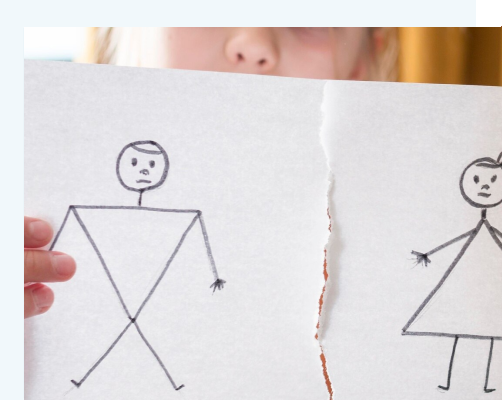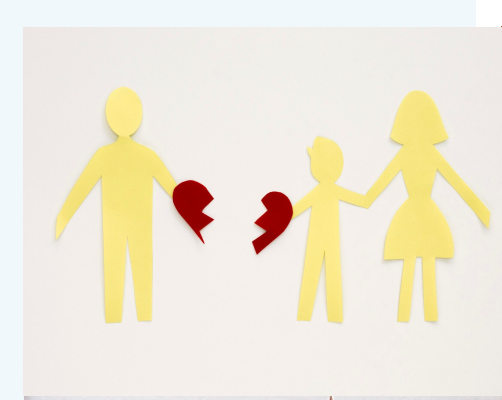Turn divorce into a new beginning
What does it consist of?
Divorce is a reality that can affect anyone, and the myths surrounding it often increase emotional distress. Although it is often believed that divorce destroys families and devastates children, it is actually a transition in the family life cycle. This process includes a series of stressful changes such as family reorganization, financial adjustments, and legal separation.
Each phase of divorce—emotional, physical, financial, and legal—has its own unique rhythm, and adapting to it depends on how you manage to establish a new, independent identity. Seeking appropriate professional help is key to a healthy and constructive divorce.

Divorce coaching
During the divorce process, you can receive targeted support at every stage, from the initial decision to the physical separation and legal divorce. This support helps you navigate emotional turmoil and establish a positive outlook on divorce, overcoming your fear of change and properly managing your family finances.
Objectives of coaching in divorce
This process allows you to develop key skills such as effective communication, conflict resolution, and co-parenting cooperation. It also helps you develop a co-parenting plan, prevent unnecessary crises, and ensure your children’s well-being, all while regaining self-confidence and responsibly overcoming adversity.

Parenting plan
Law 25/2010 of the Civil Code of Catalonia introduces concepts such as co-parenting and parenting plans, eliminating the term “custody.” This law promotes the child’s right to maintain relationships with both parents, siblings, and grandparents, and emphasizes the obligation of parents to exercise their parental responsibilities jointly after a breakup.
The parenting plan is a key document in cases of separation, where parents agree on how they will manage the upbringing, including the children’s residence and the allocation of time with each parent. This plan does not cover financial aspects or the use of the family home, which are agreed upon separately.

Bond assessment
Assessing the emotional bond between children ages 0 to 18 and their parents after a relationship breakup is crucial to understanding how emotional ties are affected in stressful situations, such as divorce. This bond, essential for a child’s security and development, can be compromised by changes in the parents’ lives. The assessment focuses on analyzing how each parent responds to the child’s needs through standardized observations and tools such as recordings, narrative tests, and questionnaires. These methods also improve the relationship and well-being of both parents.

Divorce mediation
Divorce mediation not only addresses legal aspects but also the emotional process that affects decision-making, especially in families with children. Catalan law promotes mediation to reach agreements on parenting plans, avoiding litigation as long as there is no domestic or gender-based violence. Mediated agreements tend to be more enforceable, as both parties actively participate in their creation, which facilitates the management of future disagreements.

Parenting coordination
Parenting coordination is an alternative to a court-based process for resolving disputes between parents after a divorce, focusing on the needs of the children. It is especially useful for families with high levels of conflict, where there is ongoing hostility or attempts to exclude the other parent. It is also appropriate for cases of international abduction or the death of a parent. Parents can access the service by court order or by mutual agreement. Benefits include reduced family conflict, improved emotional well-being, and reduced workload for courts and lawyers.
